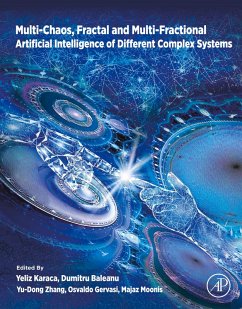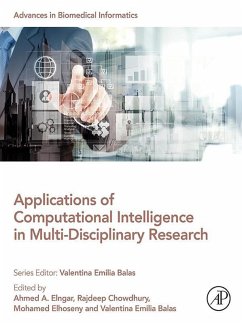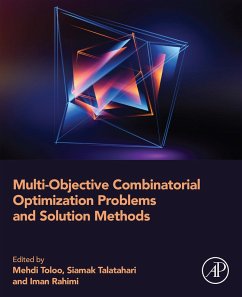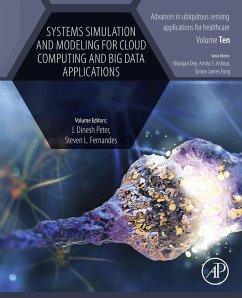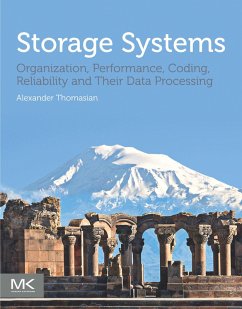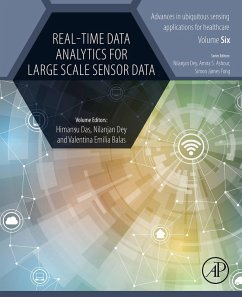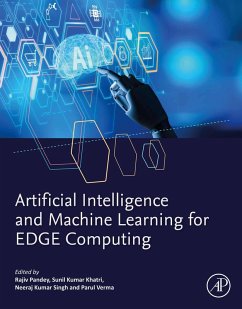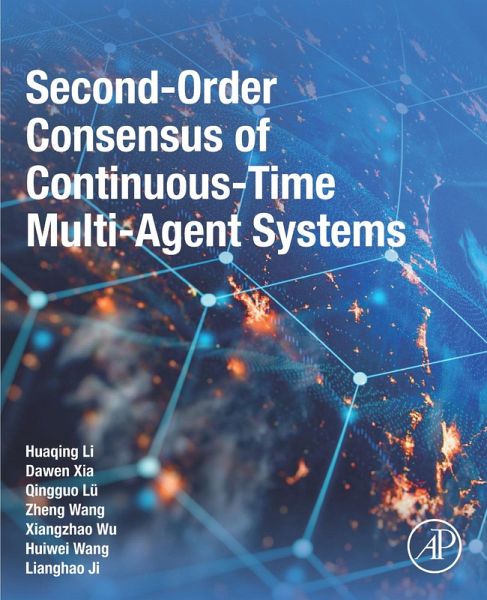
Second-Order Consensus of Continuous-Time Multi-Agent Systems (eBook, ePUB)
Versandkostenfrei!
Sofort per Download lieferbar
116,95 €
inkl. MwSt.

PAYBACK Punkte
58 °P sammeln!
Second-Order Consensus of Continuous-Time Multi-Agent Systems focuses on the characteristics and features of second-order agents, communication networks, and control protocols/algorithms in continuous consensus of multi-agent systems. The book provides readers with background on consensus control of multi-agent systems and introduces the intrinsic characteristics of second-order agents' behavior, including the development of continuous control protocols/algorithms over various types of underlying communication networks, as well as the implementation of computation- and communication-efficient ...
Second-Order Consensus of Continuous-Time Multi-Agent Systems focuses on the characteristics and features of second-order agents, communication networks, and control protocols/algorithms in continuous consensus of multi-agent systems. The book provides readers with background on consensus control of multi-agent systems and introduces the intrinsic characteristics of second-order agents' behavior, including the development of continuous control protocols/algorithms over various types of underlying communication networks, as well as the implementation of computation- and communication-efficient strategies in the execution of protocols/algorithms. The book's authors also provide coverage of the frameworks of stability analysis, algebraic criteria and performance evaluation. On this basis, the book provides an in-depth study of intrinsic nonlinear dynamics from agents' perspective, coverage of unbalanced directed topology, random switching topology, event-triggered communication, and random link failure, from a communication networks' perspective, as well as leader-following control, finite-time control, and global consensus control, from a protocols/algorithms' perspective. Finally, simulation results including practical application examples are presented to illustrate the effectiveness and the practicability of the control protocols and algorithms proposed in this book. - Introduces the latest and most advanced protocols and algorithms in second-order consensus of continuous time, multi-agent systems with various characteristics - Provides readers with in-depth methods on how to construct the frameworks of stability analysis, algebraic criteria, and performance evaluation, thus helping users develop novel consensus control methods - Includes systematic introductions and detailed implementations on how control protocols and algorithms solve problems in real world, second-order, multi-agent systems, including solutions for engineers in related fields
Dieser Download kann aus rechtlichen Gründen nur mit Rechnungsadresse in A, B, BG, CY, CZ, D, DK, EW, E, FIN, F, GR, HR, H, IRL, I, LT, L, LR, M, NL, PL, P, R, S, SLO, SK ausgeliefert werden.





